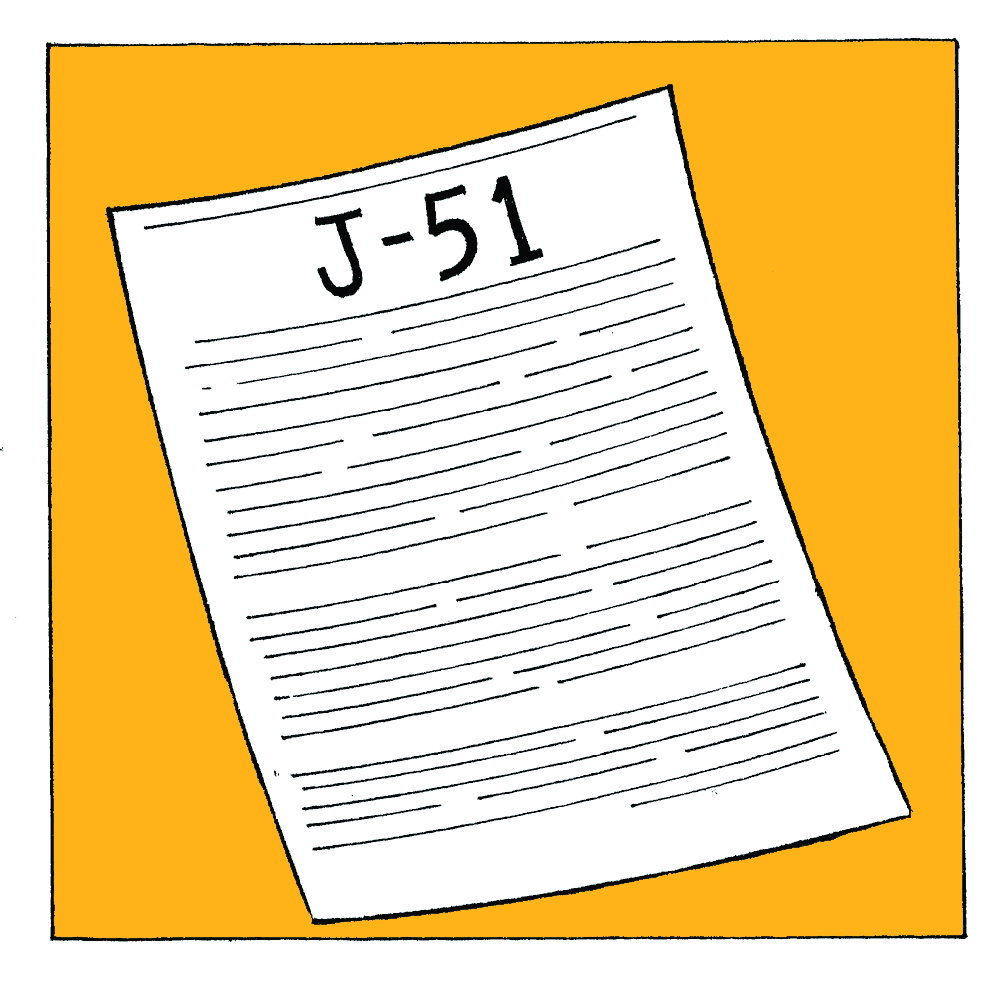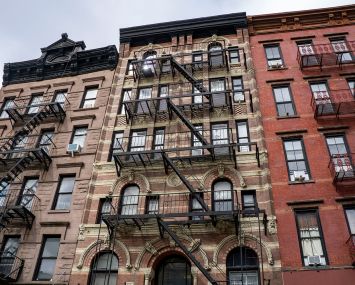Expiration of Controversial J-51 Program Could Prove Surprising
By Carl Gaines October 9, 2012 7:45 am
reprintsTax season surprises are rarely welcome events and next year could hold several for owners of New York commercial real estate, thanks to legislative action in Albany last year.
Bill number S5763, which died in the Assembly, was primarily tied to the Roberts v. Tishman Speyer Properties rent deregulation case. It would have meant that landlords wouldn’t have to return retroactive monetary damages related to rent overages.
The bill also would have meant the continuation of the controversial J-51 tax abatement and exemption program—originally intended to encourage owners to renovate and upgrade their buildings. In recent years the abatement has become a bone of contention among tenants rights groups, who feel that it is often used to reward landlords for improvements to luxury buildings.
 When S5763 died, the expiration of J-51 was set in motion, along with several other events that could affect owner-operators when it came time to pay the tax man.
When S5763 died, the expiration of J-51 was set in motion, along with several other events that could affect owner-operators when it came time to pay the tax man.
Experts told The Commercial Observer that the expiration of the J-51 abatement could be a surprise for some owner-operators, depending upon their level of savvy.
“Back in December, legislation up in Albany, unbeknownst to many people, repealed this J-51, which is terrible as far as the real estate tax reduction,” explained Neil Sonenberg, a partner at Rosen Seymour Shapss Martin & Co. “I don’t think anyone realizes that the program has been repealed. I really don’t think a lot of managing agents have gotten that word out. From what I’m seeing out there, I don’t think people have seen that.”
Mr. Sonenberg predicted that when tax season rolls around, there will be shock and surprise among some, as improvements made over the course of 2012 for roofing, boilers and the like no longer qualify for the abatement. “They used to be able to get back money as a deduction to their real estate taxes,” he said of New York City owner-operators. “They won’t have that ability any more.”
However, when asked about the likelihood of the expiration of a popular program like J-51 actually surprising many, Seth Molod, a partner at Berdon LLP, said that his firm’s clients are well versed in the program’s lapse.
“At least our guys are,” said Mr. Molod. “I think everybody’s up to speed on it. It’s kind of like 421-a. Everyone knows the status and they’re built into all the models and the projections. So I don’t think it’s going to be a big surprise.”
He said that the more sophisticated owners and operators—Berdon’s client base—are very aware.
Another effect of the expiration could be a hesitation to start projects until the issue is settled, said Real Estate Board of New York President Steven Spinola.
“There are people who may have trouble getting financing because they’re doing a project that technically they won’t be getting these benefits for,” Mr. Spinola said. “I’m assuming that some of those jobs are not starting until there is an actual vote and a signage by the governor on J-51.”



